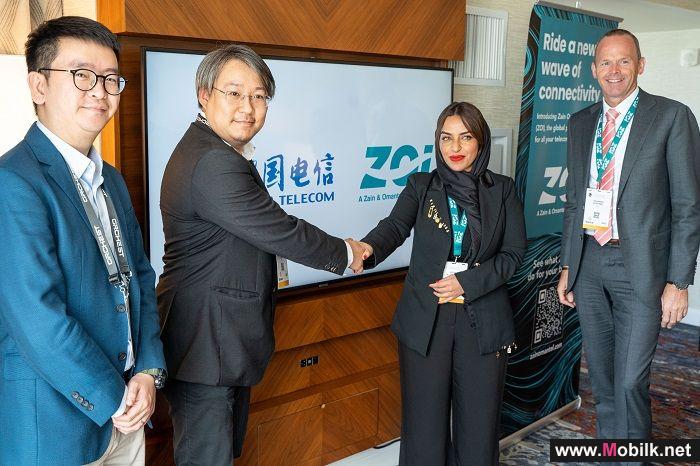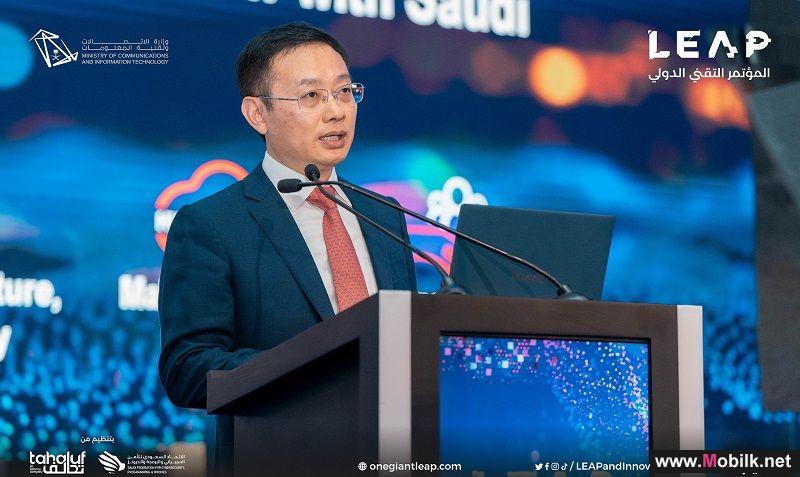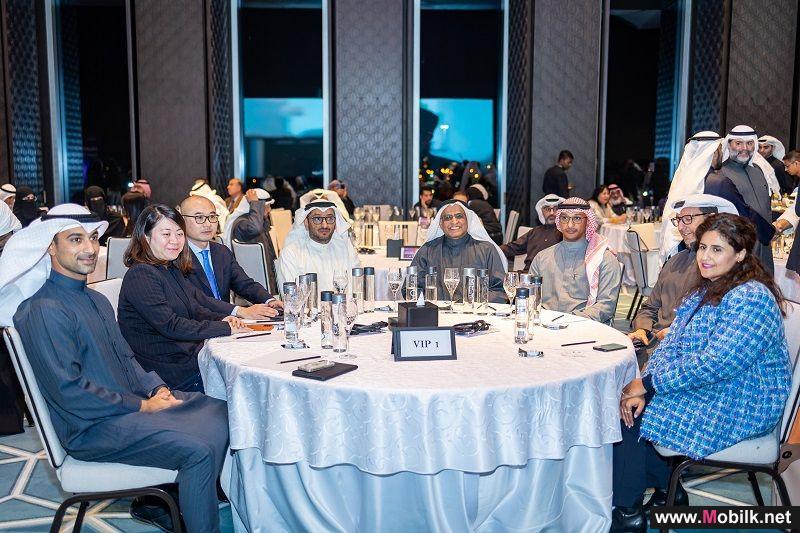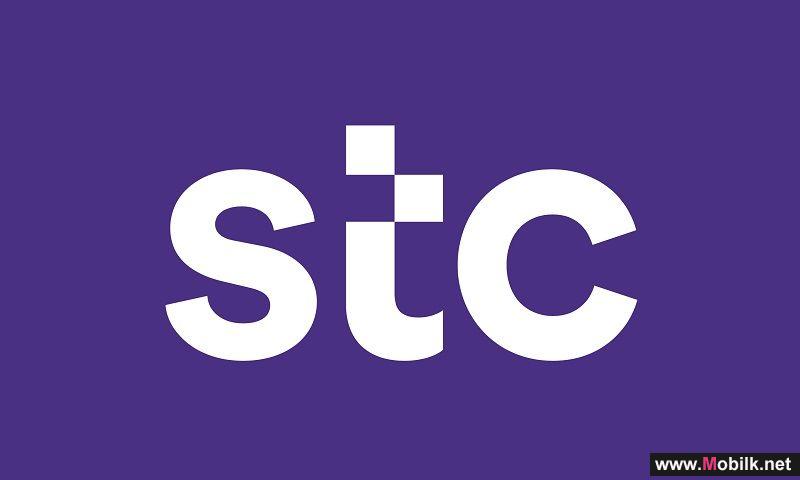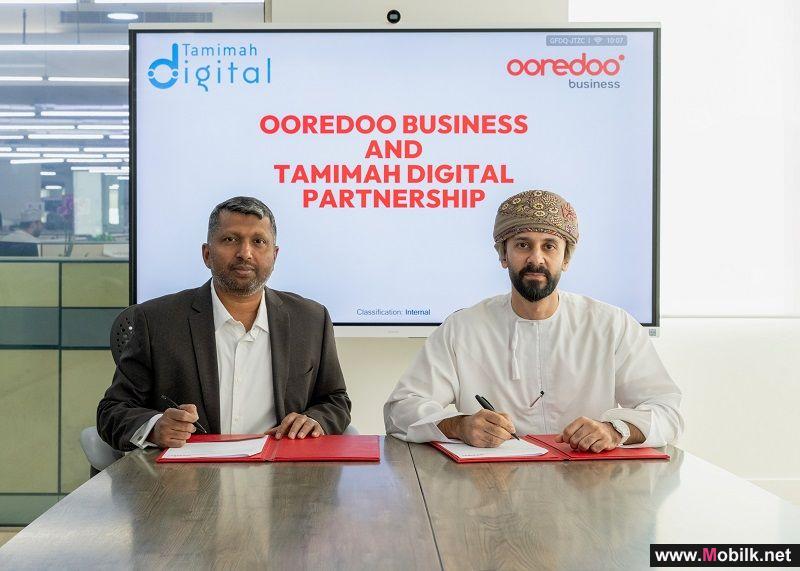Connecting Africa: The Next 10 Years of Mobile Growth
Three impediments stand in the way of the successful development of Africa’s next-gen networks; pricing pressure, a morass of uncertain and uneven regulation, and the relatively high cost of investing in Africa
2012-02-05 - 11:05
GMT
 UAE
UAE
The rapid growth of Africa’s mobile telecommunications market over the past decade has had a huge impact—on African consumers, on operators that do business on the continent, and on governments that have benefited from collecting license and service fees. There are now more than half a billion mobile phones in use in Africa, representing one of the biggest dramatic surges in usage in mobile telecom’s three-decade history, according to a new study by Booz & Company.
A Critical Time in Africa’s Digital Development
“The past decade has seen a mobile revolution sweep Africa. Operators have invested in networks and coverage, and launched new services, while national governments and regulators licensed operators and established and regulated markets,” said Karim Sabbagh, senior partner and the global leader of the Communications, Media and Technology practice with Booz & Company. “The result is that in just 10 years, a mobile market of more than 500 million customers has flourished, and gov¬ernments have collected substantial license and service fees.”
The needs of both operators and governments have largely been met by this robust growth, with African and multinational operator groups and their shareholders enjoying high-growth returns with the support of governments and regulators – who, in turn, have benefited from lucrative tax opportunities.
However, with a disciplined and effective regulatory and political approach this growth might have been even more impressive. Now this symbiotic relationship is under increasing strain and could be in danger of disintegrating just when it needs to be at its strongest. Seasoned investors are taking an increasingly hard look at further investments in Africa because of extreme pricing pressure, an increasingly unattractive investment environment, and continued regulatory risk. Hesitancy on the part of investors could jeopardize Africa’s next wave of telecommunications investment and growth, the rise of 3G-enabled mobile broadband, or the widespread adoption of the Internet in Africa.
“If the relationship between operators and governments holds, the African telecommunications success story will drive forward. If it fails, Africa will miss a critical opportunity for economic and social development as the telecommunications industry and its investors move on to more accommodating markets,” said David Tusa, partner with Booz & Company.
Super Growth, Africa Style
Mobile phone use in Africa is now prolific, with handset prices dropping as low as US$10 for a basic GSM due to the accelerated growth experienced in the 2000s. Network equipment prices have also dropped, allowing operators to build coverage and capacity while gaining access to new markets. That left operators positioned to compete for subscribers, mainly using service price as a powerful lever to attract and retain customers. As price-sensitive traffic volumes grew, operators invested in network capacity and coverage, expanding markets further, attracting yet more customers and the cycle continued.
There have been three distinct growth phases of mobile penetration in Africa from 2000-2010. In the initial tentative growth phase (2000-2002), penetration rose from 2 percent to 6 percent, followed by a period of accelerated growth from 2003–2005 that saw a surge at a 52 percent annual rate with 21% penetration. From 2006–2010, penetration expanded to 51 percent, however growth decelerated slightly to a 26 percent annual rate. Even adjusting for non-addressable market, which can exclude 25 to 35 percent of the population, Africa’s growth has been nothing short of remarkable.
Several operators have driven the surge in growth in Africa and reaped the bulk of its benefits. MTN stands out as the dominant African operator with a portfolio that comprised 21 operating companies serving 141 million subscribers at the end of 2010. The South Africa–based company—which posted revenue of approximately $16.7 billion and EBITDA margins of 44 percent in 20107—has almost 20 million subscribers in South Africa and approximately 40 million in Nigeria.
Another example successfully tapping into the African market is is Etisalat; the Emirati telecom’s growing specialization in Africa’s hypercompetitive markets is paying dividends as the group shares techniques and approaches across its Asian and Middle East portfolios. Both Etisalat and Orange, also having taken up a broad position in Africa, have invested in submarine cable systems on the East and West coasts.
Three Roadblocks Challenging Africa’s Mobile Growth
Despite the decade-long surge, Booz & Company has determined that today’s African mobile sector faces three obstacles that threaten to constrain future growth; pricing pressures, high investment costs and uncertain and uneven regulation. Failure to quickly and effectively address these challenges could seriously undermine the development of next-generation mobile systems’ potential on the continent.
Pricing Pressures
Many of Africa’s operators have deployed GSM/GPRS/EDGE networks, relying on highly standardized network components to drive down capital costs and operating costs. Although there has been some competition based on innovation and value-added services, most operators have relied on pricing and promotions to differentiate themselves from competi¬tors. A new and value-destroying race to the bottom in pricing has taken hold in most markets, with operators using short-term promotions to entice rapidly churning customers.
High Investment Costs
“The likelihood of persistent pricing pressure makes investing in African telecommunications a high-risk undertaking. Although Africa’s operators have gained some scale advantages by operating across multiple territories, they have not lowered costs as dramatically as they have in other markets,” said Tusa. “Africa’s operating companies have not managed to gain the scale that Asian operators have achieved; cost factors, when coupled with the relatively steep costs of capital, are causing investors to become increasingly skeptical about ongoing capital commitments.”
Uncertain and Uneven Regulatory Environment
Inconsistent and sometimes unpredictable regulatory environments in many countries across the continent present another constraint to sector growth. Although many African governments have stabilized their administrations, substantial risks remain in the consistency and rigor with which they license operators; and the lack of well-structured regulatory frameworks creates an uncertain investment environment. A significant, endemic risk is the weak application of regulations and sound practices, including consistency and impartiality. In many cases there is an absence of coordination across government agencies that would benefit network roll-out, coverage, and cost waste reduction. Site acquisition and permitting typically suffer from such lack of basic coordination between the telecom regulator, planning agencies, and environmental agencies.
Investors remain concerned about the structure of regulatory frameworks overall. License fee setting is frequently unpredictable. Regulations regarding pricing and service launch frequently prove cumbersome, and involve unnecessary and lengthy processes that hinder operators’ flexibility in bringing competitive and innovative propositions to the market. Restrictions on product bundling prevent value-led innovation, while in some cases gateway access restrictions or obligations create structurally higher costs for competitors than are borne by state-owned incumbents. Lastly, infrastructure-sharing approaches vary considerably, at best creating additional barriers that operators must hurdle if they are to gain cost benefits that can be passed to consumers.
Actions to Drive Africa into the Internet Age
According to Sabbagh: “In order for African nations to continue moving forward in their successful communications growth, next-generation networks must be established to deliver advanced data services, frequently through mobile networks. Africa’s telecommunications stakeholders must take decisive action to strengthen investor confidence and drive the continent’s transition to high-speed mobile data.”
This will require efforts on four fronts;
- Governments must take the lead in establishing ICT-friendly policies and stabilizing regulatory regimes.
- Govern¬ments must mandate that regulators resist predatory license price setting, avoid onerous oversight on operators (i.e., requiring approvals for price changes), and ensure transparent spectrum licensing, especially for 3G and LTE. Governments need to ensure they apply best international regula¬tory practices, including impartiality, so as to avoid favoring any par¬ticular stakeholder over another (for instance, consumers over operators or incumbents over new entrants).
- Operators should be encouraged to cooperate in network deployment to increase efficiency and gain scale ben¬efits, working together to avoid unnec-essary operating and capital costs at the local level, and where feasible at the regional level. Although there has been progress in this area, operators must collaborate on the structural shifts that will really change the game.
- Customers must engage in a dialogue and advocate for widespread adoption around a small number of highly visible themes that highlight the social role of mobile communications in a society that is rapidly changing.
Government Leadership
Africa’s national governments must develop, enact, and monitor policies that explicitly endorse the role and impact that ICT, and telecommunications in particular, has in developing vibrant and diverse national economies. Governments need to: establish support for telecoms and ICT at the highest levels to demonstrate visible commitment; develop an ICT industry policy based on five- and 10-year time horizons to present a coherent road map for sector-wide development; broaden the national agenda to encompass a holistic national ICT vision; establish an open, independent regulator; build investor confidence and, finally, take credible steps to reform national communications entities, to eliminate inequitable support for underperforming operators.
Arguably these government leadership imperatives are highly challenging, and in many cases will require a change in political will at the highest level to ensure success. Yet some governments are providing benchmarks and precedents; the Kenyan government’s Open Data Initiative sets a new standard for digitally enabled information transparency and acts as a foundation for open policy setting.
Regulatory Clarity and Coherence
The region’s regulators need to define industry policy in a coherent and transparent manner that enshrines the role of telecommunications operators as the enablers of the economy, and not simply a source of tax-like revenues. Specifically, regulators need to focus on these critical actions: allowing open, non-restricted shareholding in telecommunications carriers; setting regulatory frameworks and measures that support tower and associated infrastructure sharing; creating transparent and non-discriminatory access to gateway facilities owned and operated by incumbents; limiting interference with operator price setting, and establishing 3G licensing frameworks.
Cross-operator Alignment
Operators need to redouble efforts to develop and maintain a series of unified positions toward regulators and governments, actively working together to create market environment efficiencies, improve regulatory practices, lower sector-wide operating costs, and thus improve the environment for continued investor support. Operators have three key actions on which to focus: sharing passive (and possible active) infrastructure; engaging in dialogue with regulators and governments, and working with regulators and governments to accelerate development of technology-neutral spectrum licensing.
Customer Advocacy
Africa’s mobile users can contribute to the development of broadband and next-generation services by establish¬ing their voice and driving their own agenda with persistence and clarity. Customers have created lasting impact in many areas using mobile devices to improve health and education and create social empowerment. Specifically customers can focus on two fronts: engaging with governments and operators, and working with grassroots communities to adopt and use low-cost, high-impact SMS-driven applications.
In conclusion, Africa’s rapid embrace of mobile telecommunications has been one of the more remarkable growth stories in the sector’s history. Although the cooperation between governments and operators has largely fuelled that surge, there is no guarantee that such cooperation will persist. The emer¬gence of any schism in this dynamic would prove very costly to African nations as they are poised to introduce licensing for mobile Internet, which should spur broadband investment and economic development.
Stakeholders, however, can act quickly and decisively to ensure the climate for investment is maintained, and that growth continues. Forward-looking government policy, transparent, open regulatory practice, cross-operator efficiency, and an increasingly vociferous customer base can prove to be the key elements to smooth the transition to 3G and mobile Internet, bringing the continent successfully into the next generation
Reports and Studies
China Telecom Global Limited (CTG), the world-leading provider of integrated telecommunication services, has signed a strategic subsea capacity and..
Reports and Studies
Espoo, Finland – Nokia, Qualcomm Technologies, Inc., and T-Mobile today announced that they have achieved a worlds first showcase of successfully..
Reports and Studies
Steven Yi, President of Huawei Middle East and Central Asia, gave a keynote on the second day of LEAP, Saudi Arabias largest and most comprehensive..

 Vodafone Oman
Vodafone Oman Emirates Telecom
Emirates Telecom  Ooredoo Om
Ooredoo Om Ooredoo Qa
Ooredoo Qa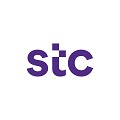 stc Bahrain
stc Bahrain Orange Egypt
Orange Egypt Mobily
Mobily Zain Jo
Zain Jo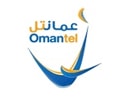 omantel
omantel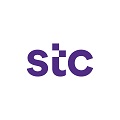 STC
STC Emirates Du
Emirates Du Asiacell
Asiacell Etisalat Egypt
Etisalat Egypt 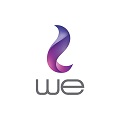 Telecom Egypt
Telecom Egypt jawwal
jawwal Orange Jo
Orange Jo Umniah
Umniah Zain Sa
Zain Sa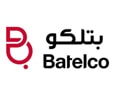 Bahrain Batelco
Bahrain Batelco Zain Bh
Zain Bh Wataniya palestine
Wataniya palestine Kuwait Viva
Kuwait Viva  Zain Kw
Zain Kw Vodafone Qa
Vodafone Qa MTN Syria
MTN Syria Syriatel
Syriatel Sabafon
Sabafon Zain Iq
Zain Iq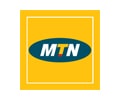 MTN Yemen
MTN Yemen Ooredoo Kw
Ooredoo Kw Vodafone Egypt
Vodafone Egypt 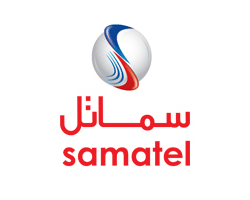 Samatel
Samatel Huawei
Huawei Samsung
Samsung MOTOROLA
MOTOROLA Lenovo
Lenovo Alcatel
Alcatel LG
LG Nokia
Nokia HTC
HTC Sony Ericsson
Sony Ericsson Siemens
Siemens BlackBerry
BlackBerry Acer
Acer Asus
Asus Sony
Sony VK
VK BenQ-Siemens
BenQ-Siemens APPLE
APPLE Eten
Eten Sagem
Sagem Panasonic
Panasonic HP
HP Amoi
Amoi Toshiba
Toshiba Sonim
Sonim Sharp
Sharp Bird
Bird Mitac
Mitac Philips
Philips Vertu
Vertu Pantech
Pantech Micromax
Micromax Maxon
Maxon Haier
Haier Gigabyte
Gigabyte I-mate
I-mate I-mobile
I-mobile Kyocera
Kyocera BenQ
BenQ Microsoft
Microsoft Connect
Connect Telit
Telit Sendo
Sendo Mitsubishi
Mitsubishi SEWON
SEWON NEC
NEC DELL
DELL Thuraya
Thuraya Be
Be Qtek
Qtek Bosch
Bosch Palm
Palm MWG
MWG Neonode
Neonode Fujitsu Siemens
Fujitsu Siemens WND
WND O2
O2 INQ
INQ Innostream
Innostream XCute
XCute Benefon
Benefon Google
Google




